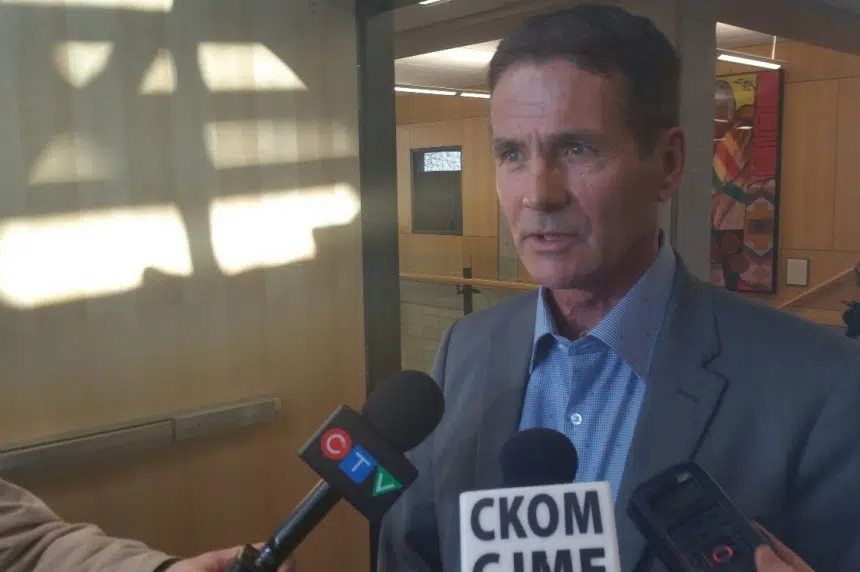David Milgaard and Tammy Marquardt were in Saskatoon Wednesday to demand action on the way Canadian courts review convictions.
Milgaard was wrongfully convicted in Saskatoon in 1970 for the rape and murder of Gail Miller, a nursing assistant. He was released in 1992 when it became clear he didn’t commit the crime. Ultimately, Larry Fisher, a man with several convictions for sexual assaults and violence against women, was found guilty of the murder.
Marquardt was wrongfully convicted in 1993 of murdering her infant son, Kenneth. Her conviction came as a result of evidence from Charles Smith, a forensic pathologist who was later found to have botched work on several autopsies, including Kenneth’s. Marquardt spent 14 years in prison before finally being released.
Both were in Saskatoon to deliver a talk to U of S law students, in the hopes that sharing their experiences would help future lawyers to avoid repeats of their stories.
Milgaard said he comes back to Saskatoon to speak out of a sense of responsibility for other wrongfully convicted people still languishing in prison.
“We should always remember that those people are there and they exist on hope. And if somebody doesn’t have something to say about it, who’s going to say something about it?” he said.
Marquardt said she has a simple message for people about her experience.
“Never give up hope. Always fight for the truth. Never back down from the truth no matter what other people say. No matter how hard people are trying to push you down or judge you.”
Milgaard has now been out of prison for about as long as he was in. He said that even after all these years; it still troubles him when he sees how the public reacts to stories about crime.
“When you hear all these horrific things that are coming out in the news and stuff, you know, the first inclination is ‘Oh my God — how horrible. Well that person’s so guilty,’ and the presumption of innocence is lost. (It) just completely disappears,” he said.
Milgaard and Marquardt are calling for an independent board to take conviction reviews out of the hands of the courts.
“I think it’s important for everybody, not just lawyers, but for the public itself to be aware that wrongful convictions are taking place and that these people are sitting right now, behind bars and they’re trying to get out. And the policies that are keeping them there need to be changed. The wrongful conviction review process is failing all of us miserably,” Milgaard said.











